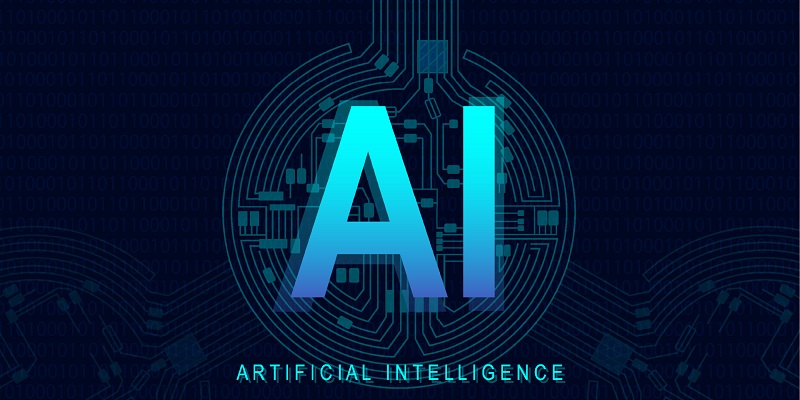In today’s competitive job market, artificial intelligence (AI) is revolutionizing the recruiting process, transforming the experience of candidates and talent acquisition professionals. This article explores how AI is reshaping the way resumes are written and evaluated, and underscores the importance for recruiters to stay updated and adapt their practices accordingly.
Importance of AI in the Recruiting Process
As competition intensifies, AI is increasingly becoming indispensable in the hiring landscape. Its ability to streamline and enhance various stages of recruitment, including resume writing and evaluation, makes it invaluable for both candidates and talent acquisition professionals.
Benefits of AI in Resume Writing
Numerous studies have shown the positive impact of AI-powered resume writing tools. For instance, a staggering 70% of candidates who utilized the ChatGPT resume writing tool received more positive reviews, while 78% received interview invitations. This statistic highlights the potential for AI to create more successful resumes that stand out from the competition.
Furthermore, the advent of AI technology has made it easier for job seekers to delegate the responsibility of resume writing to neural networks and chatbots. These AI-powered tools possess remarkable efficiency and versatility in generating high-quality resumes tailored to specific job requirements.
Adapting Resume Evaluations to AI-Driven Technology
As AI plays an increasingly significant role in the recruitment process, recruiters must adapt their hiring practices and evaluate resumes in relation to the use of AI technology. Understanding how candidates harness AI chatbots like ChatGPT can significantly benefit recruiters by providing insights into the latest tools and trends in resume writing.
The Power and Versatility of AI Chatbots
Chatbots such as ChatGPT, Bing Chat, and Google Bard have emerged as powerful tools for guiding candidates on how to construct an effective resume. Instead of writing an entire resume themselves, candidates can obtain clear instructions from these chatbots, optimizing their chances of creating a compelling document.
Leveraging AI-Driven Methods for Resume Analysis
Recruiters can make use of AI to analyze thousands of resumes swiftly, evaluating candidates’ professional skills and suitability for specific positions within their organizations. This enables recruiters to efficiently identify the most promising candidates, saving time and resources.
AI’s Proficiency in Analyzing Candidate Qualifications
Artificial intelligence not only assists in analyzing professional experience and skills but also considers other essential characteristics necessary for success in a given role. By assessing various aspects, such as industry-specific knowledge, soft skills, and cultural fit, AI technology provides valuable insights, helping recruiters make informed decisions.
Drawbacks of AI in the Hiring Process
While the integration of AI in recruitment offers many benefits, it is not without its limitations. AI algorithms can make mistakes and introduce unintended biases in the hiring process. It is crucial for recruiters to exercise caution, systematically monitor AI systems, and address any potential biases diligently.
The rise of AI in resume writing and recruiting signifies the evolution of the job market. Recruiters must recognize the importance of staying updated with candidates’ use of AI technology and adapt their practices to leverage its efficiencies. By doing so, recruiters can efficiently analyze resumes, identify the best-suited candidates, and foster an inclusive and unbiased recruitment process. In this rapidly changing landscape, embracing AI-driven practices will be crucial in staying competitive and securing top talent for organizations.

